This is the minimum amount of money you need to buy a house
Discover what you’ll need to spend for a home of your own
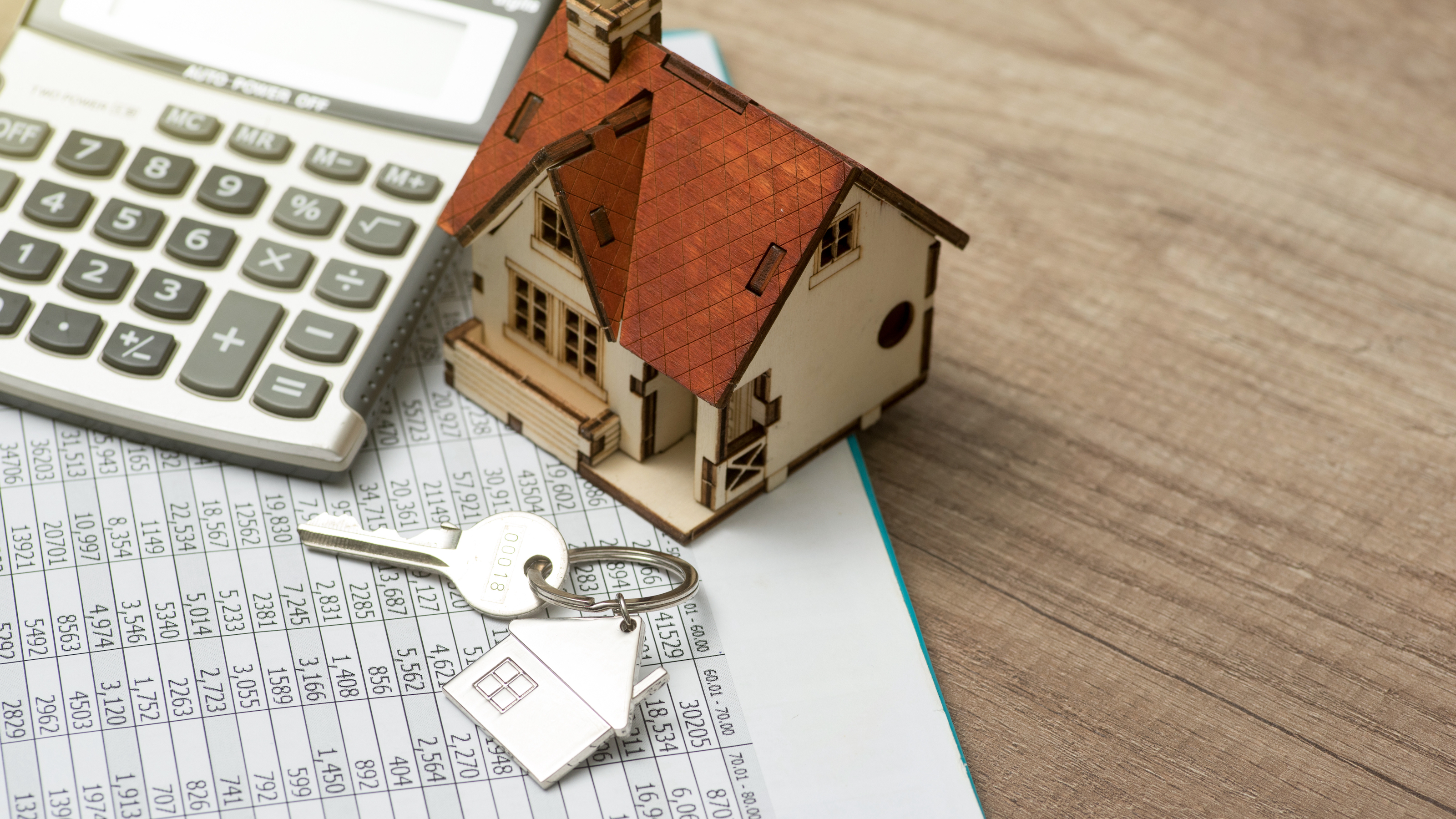
Before you start looking at homes to purchase, it’s important to understand the minimum amount of money you need to buy a house. Without this information, you can end up wasting time viewing properties that don’t match up with your budget.
The cost of buying a house is made up of a number of elements. The mortgage deposit is a major factor if you’re borrowing to make the purchase, but you’ll also need to allow for the additional costs that buying brings.
To help you manage your finances, we’ve put together a guide to the money you’ll need for a house purchase, and all the costs of the process you’ll have to budget for, too.
What are the options for financing a house purchase?
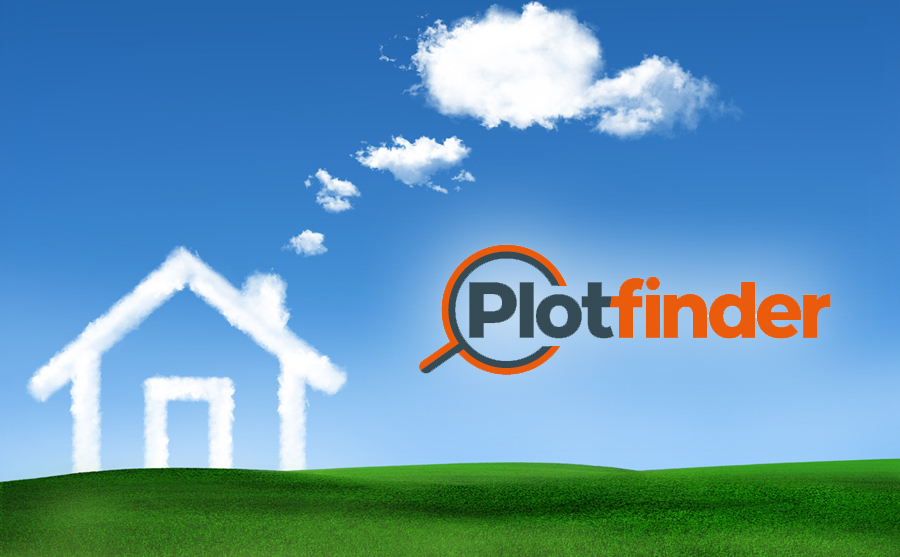
Subscribe to Plotfinder.net to access over 15,000 building plots and properties that could become your next project
Typically, you’ll either be buying a house with the help of a mortgage or buying a house with cash. If it’s the latter, the sums are simpler as you’ll need a budget large enough for the agreed price of the house plus the extra costs of buying, such as conveyancing (see below). The minimum money you’ll require will be the purchase price of the least expensive home in whichever area you’re looking.
Buy with a mortgage, though, and the maths is a little more complicated. You will typically need enough money for a mortgage deposit and, together with the sum of money you borrow, this needs to add up to at least enough for the lowest priced home in the area where you want to live. As with a cash buyer, however, there are the extra costs of housebuying to afford, too.
If you are buying with a mortgage, you will also need to be mindful of the loan to value (LTV) ratio. “This ratio is the amount you’re borrowing compared to the value of the property,” says Paul Blaking, direct mortgages manager at Suffolk Building Society.
“As it goes down, the greater the choice of products available to you,” he explains. “Lower loan to value products, such as those in the 60 to 80 per cent range, will come with a lower interest rate offered. This is because a lower loan to value carries less risk for the lender.”
In other words, borrowing more money means you’ll pay a smaller amount of your money out to buy a house in the first place, but over the term of the mortgage, you’ll pay more.
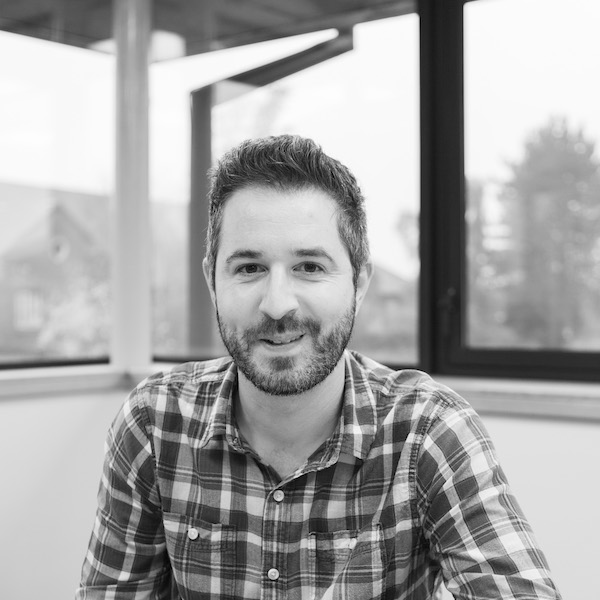
With an extensive background in financial services, Paul Blaking has worked for over 12 years at Suffolk Building Society and is the society’s direct mortgages manager.
What is the minimum amount of money you’ll need to buy a house?
To understand the minimum amount of money you’ll need to buy a house if you require a mortgage, it’s helpful to look at average property prices.
“Most lenders will want at least 5 per cent of the purchase price as a down payment, so given that the average property price in the UK is £290,000, according to the latest report from the Land Registry (UK house price index, November 2024), that equates to £14,500,” explains Mark Harris, chief executive of mortgage broker SPF Private Clients.
“In London, where the average property price is £511,279, that equates to a deposit of £25,564,” he explains.
Therefore, in the examples above, the minimum money you’ll need to buy is £14,500 or £25,564 respectively plus enough to pay the hidden costs of buying a house.
Opt to pay a larger percentage yourself, say 10 per cent, and borrow less money and the minimums are £29,000 and £51,128.
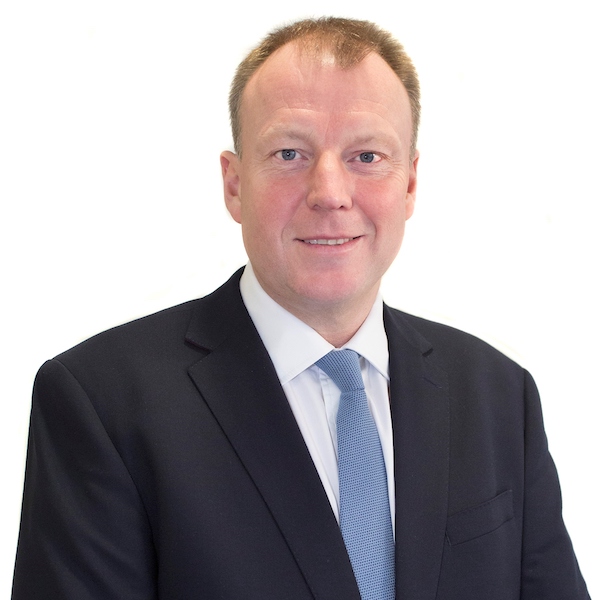
Mark is chief executive of SPF Private Clients, an award-winning financial services intermediary, and was part of the launch team of the company as Savills Private Finance in May 1997. Originally launching as the financial services arm of Savills, SPF has rapidly grown into one of the market leaders in UK financial services. SPF became part of the Howden Group of companies in 2022.
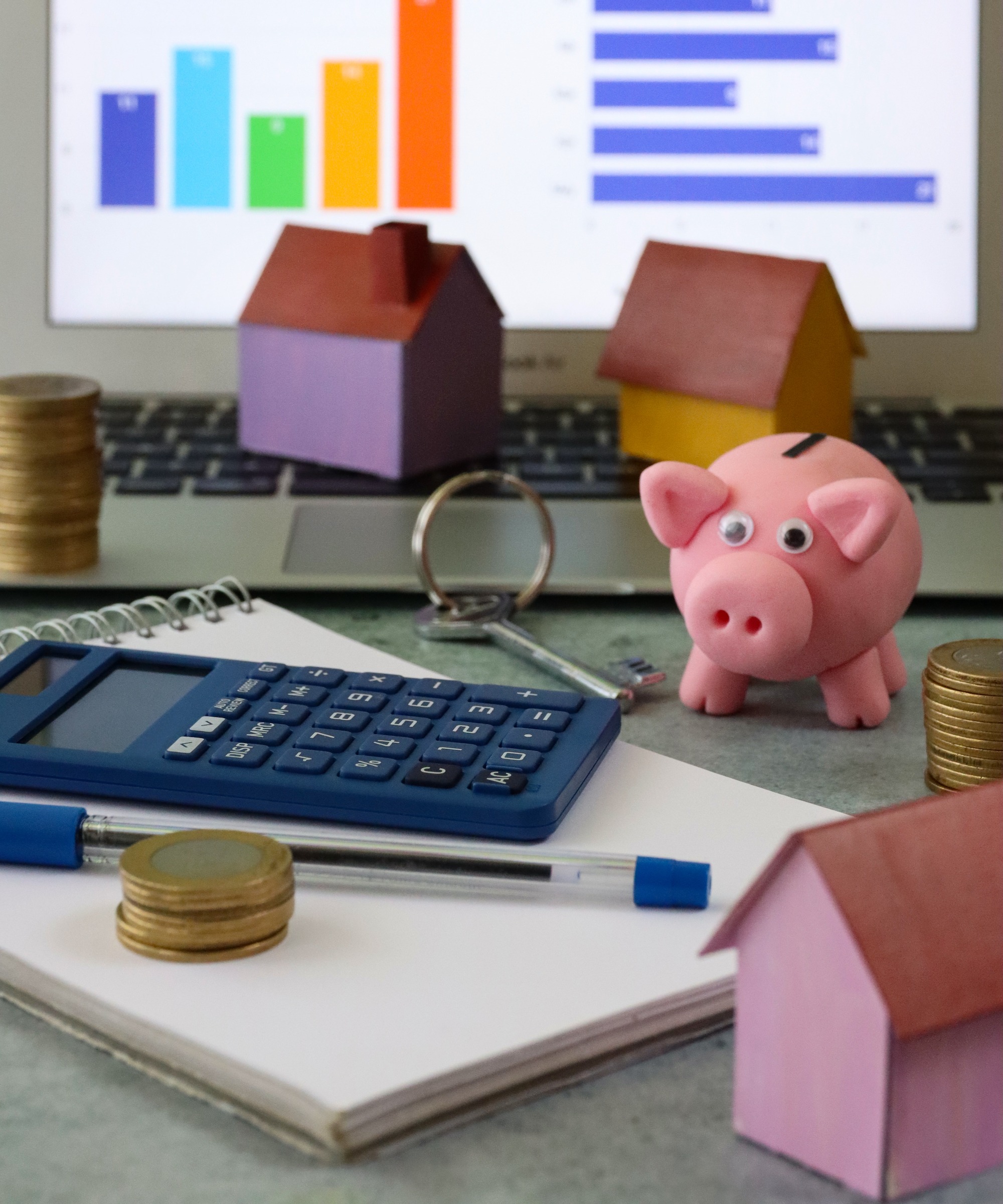
What about getting a 100 per cent mortgage?
Getting a 100 per cent mortgage and thus reducing the minimum you’ll have to pay when you buy is a possibility.
“There are some 100 per cent mortgages available on the market,” says Paul Blaking. “However, most of these come with some caveats: for example, a family member may need to provide an equity guarantee. This is where a family member puts up their own savings, or uses their own property, to provide security to the lender. In a worst-case scenario, where the property was repossessed, then the family member’s savings or home could be at risk.”
Are 95 per cent mortgages widely available?
As shown above, a 95 per cent mortgage is a way of buying a house with a minimum deposit. But be aware of the consequences.
“95 per cent mortgages are far more common now than they were just a few years ago,” says Paul Blaking. “Most banks and building societies will now offer a 95 per cent loan to value product within their range, however there are some things to be aware of.
“Firstly, the higher the loan to value, the stricter the lender’s criteria will be. This means the chances of being accepted are not as high as they are at lower LTVs, especially if you're buying an unusual property, you’ve had any adverse credit, or you‘ll be borrowing into retirement.
“Another thing to consider is that 95 per cent products will come with some of the highest interest rates. This means the overall cost of repaying your mortgage will be higher than if you were able to achieve a lower loan to value.”
Why it’s worth maximising your mortgage deposit
Increasing the amount of your mortgage deposit means spending more than the minimum amount of money you need to buy in the first place but, as discussed above, it brings benefits over the long term.
“The bigger the deposit you can put down, the more options you'll have when choosing a lender,” says Paul Blaking. “This also increases your chances of being accepted within the lender’s criteria. This is particularly helpful if you've ever had adverse credit (for example, a missed credit card payment).”
Mark Harris agrees, “It is worth maximising your deposit. For example, at the time of writing, Nationwide is offering a two year fix at 4.79 per cent for someone with a 40 per cent deposit, compared with 5.64 per cent for someone with a 5 per cent deposit (both products are fee-free). On a £300,000 repayment mortgage taken over a 25 year term, that is a difference of £150 a month in your mortgage payments.”
Consider what lenders will be prepared to lend
As a buyer needing a mortgage, it’s important to consider the advantages of a bigger deposit even though it increases what you’ll spend initially to buy a house. However, there is also the question of how much a bank or building society will be prepared to lend.
“As a very general rule of thumb, you can expect to borrow up to 4.5 times your income when purchasing on your own, or 3.5 to 4 times if buying with a partner, sibling or friend,” says Mark Harris. “The advantage of pooling your resources with someone else when buying a home is that you should have two contributions to the deposit, plus be able to take on a bigger mortgage than you would on your own,” he says.
“Extending the term of the mortgage is another way of reducing the monthly payments and assisting affordability but be aware that if you do this, it will cost you more in the long run as you will make more payments,” he adds.
Which other housebuying costs do you need to take into account?
The amount you’ll have to spend when you buy includes other expenses. “Buying a home involves some big numbers, and the biggest numbers often burn so brightly in the minds of buyers that they overlook the smaller, but no less important, costs,” says Phil Spencer, property expert and founder of Move iQ.
These can include any fee for setting up the mortgage and any mortgage valuation fee, what you pay for a survey and the fees for conveyancing, he notes. “In addition to paying for the conveyancer’s work, you will also need to reimburse them for any costs they incur, such as Land Registry or local authority search fees,” he adds. There's also buildings insurance and removal costs, he says.
“Another biggie is stamp duty,” he adds. "You may be able to add this cost to your mortgage. However, this could impact the interest rate or even the choice of mortgages you get, and you’ll incur interest on the extra borrowing.”
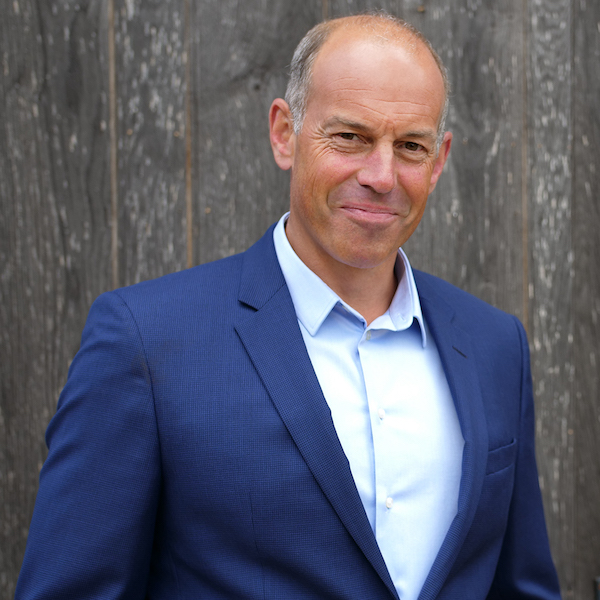
Phil Spencer is a presenter, author, businessman and property investor. As co-presenter of the long-running Channel 4 series Location Location Location, he has become one of the best-known faces on British television and is widely regarded as an expert on all things property. Outside of television, he has published three books and founded the property advice site Move iQ.
Two timescales are important when you’re considering the minimum amount of money you need to buy a house. If you need a mortgage, opting for a loan with a low or no deposit reduces what you’ll pay at the outset, but won’t mean minimum spend in the long term. To understand your options, talk to a whole-of-market broker.

Get the Homebuilding & Renovating Newsletter
Bring your dream home to life with expert advice, how to guides and design inspiration. Sign up for our newsletter and get two free tickets to a Homebuilding & Renovating Show near you.
Sarah is a freelance journalist and editor writing for websites, national newspapers, and magazines. She’s spent most of her journalistic career specialising in homes.
She loves testing the latest home appliances and products, and investigating the benefits, costs and practicalities of home improvement. She is an experienced renovator and is currently remodelling the ground floor of her new home.
She was Executive Editor of Ideal Home and has worked for Your Home and Homes & Ideas. Her work has published by numerous titles, including The Guardian, channel4.com, Houzz, Grand Designs, Homes & Gardens, House Beautiful, Homes & Antiques, Real Homes, The English Home, Period Living, Beautiful Kitchens, Good Homes and Country Homes & Interiors.
